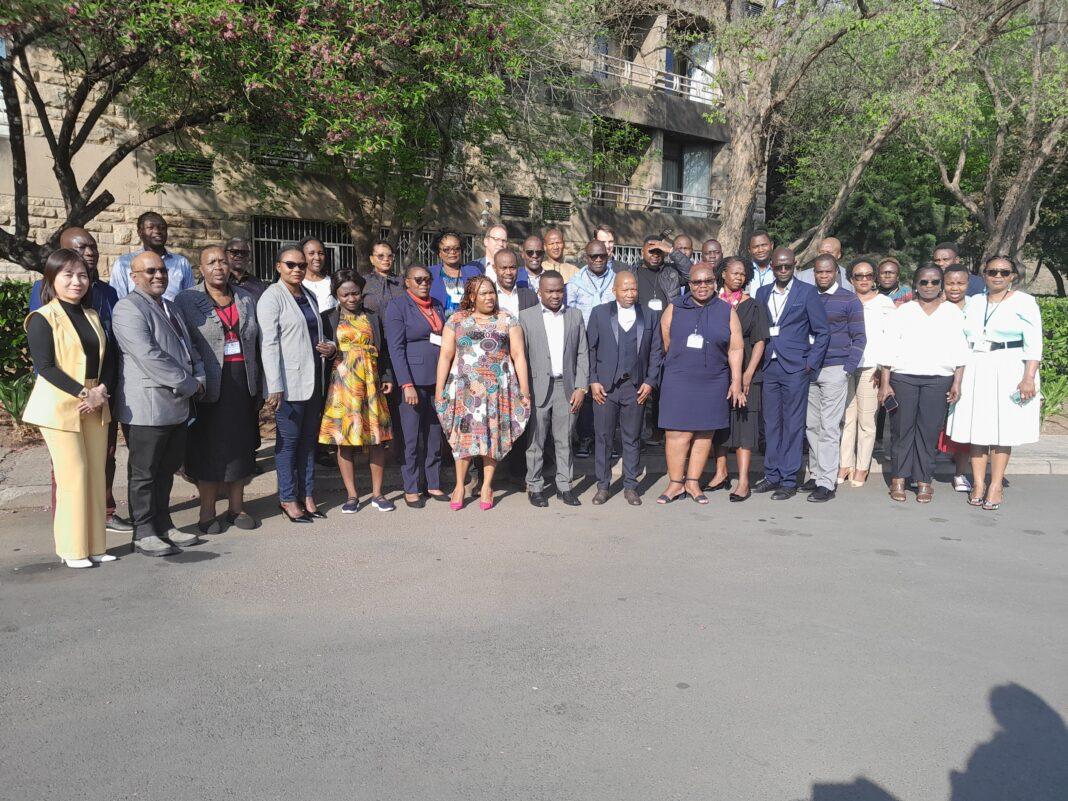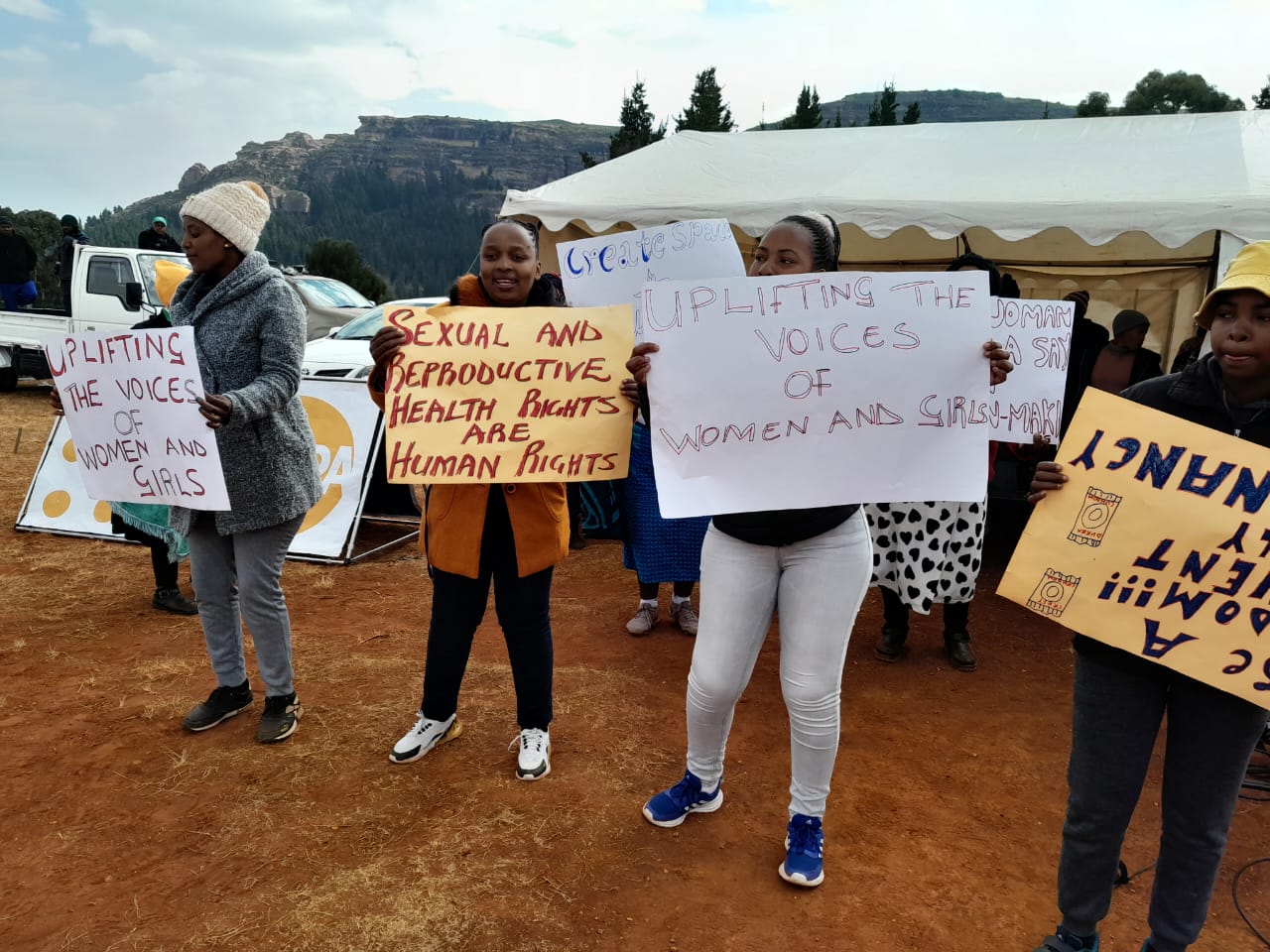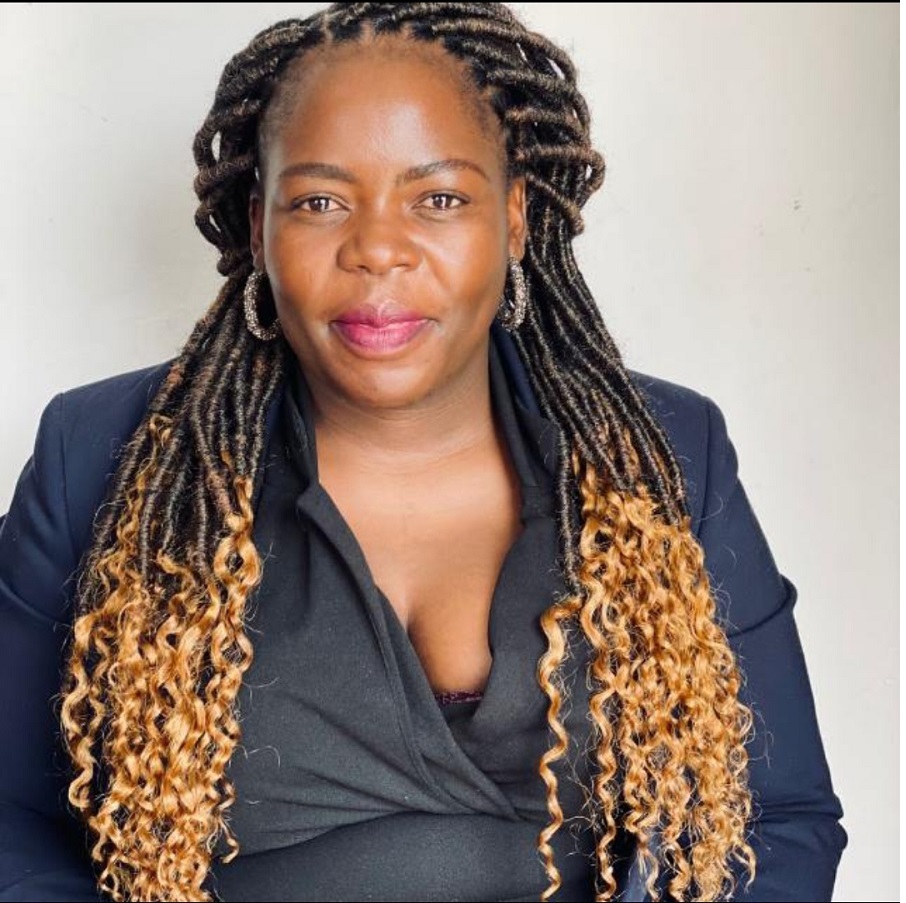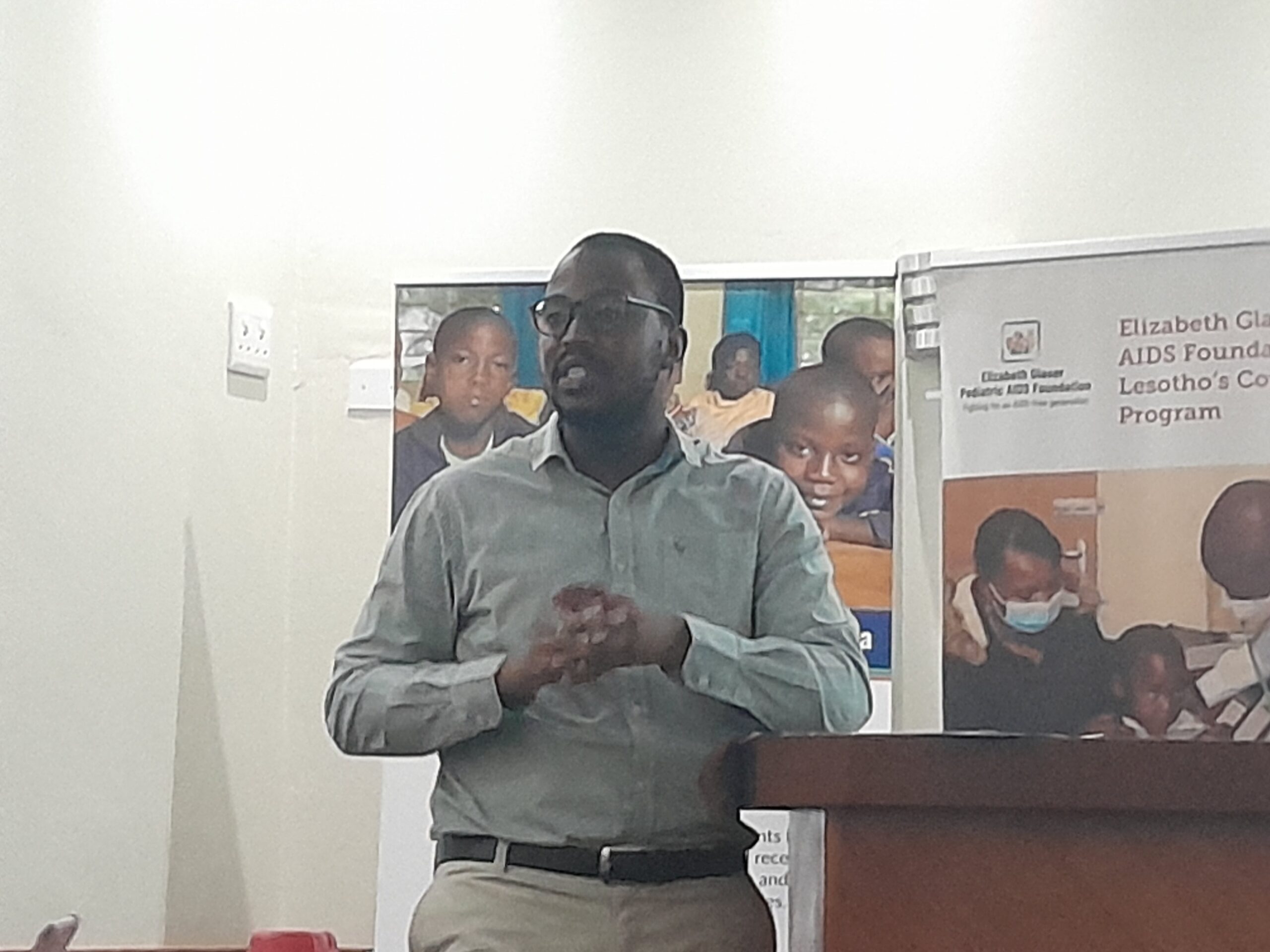Ntsoaki Motaung
Social and gender norms are acting as insidious roadblocks, denying men and boys access to life-saving health services, according to Deepak Bhaskaran, the United Nations (UN) Resident Coordinator.
Bhaskaran unveiled this grim reality during the Sexual and Reproductive Health and Rights (SRHR) Needs for Boys and Men meeting in Maseru. The summit was attended by delegates from East and Southern African (ESA) nations.
Bhaskaran minced no words, emphasising that these norms are exacting a devastating toll on the health and well-being of men and their families.
“Today, more adolescent boys and young men are dying from AIDS because they do not want to test for HIV or access treatment. Millions of men suffer in silence from STIs, fearful to seek services thereby placing their partners at risk and increasing their own risk of infertility,†he said.
This lethal silence extends to reproductive cancers, where ignorance is costing men their lives.
Bhaskaran also unmasked men as the primary perpetrators of gender-based violence (GBV), a scourge that ravages homes and communities alike.
He underlined that viable solutions exist, yet toxic masculinity norms stand as formidable barriers to accessing vital services.
The data paints a grim picture: the health needs of young men and boys, especially in Eastern and Southern Africa (ESA), remain largely unaddressed.
Studies from the region serve as glaring indicators of the urgent need for tailored policies and strategies to safeguard the sexual and reproductive health rights of this vulnerable demographic.
“If we are to achieve Universal Health Access to SRHR then we need to ensure that the SRHR needs of men and boys in all their diversity are fully included in existing policies, strategies, and operational plans. This needs to include identifying and developing strategies that address harmful social and gender norms, including engaging traditional and community leaders, faith-based organizations, and role models that can influence men and boys,†Bhaskaran said.
Khotso Mahlalefa from the Ministry of Health echoed this call to action, stressing that Health Ministries from the ESA countries must spearhead and take unequivocal ownership of initiatives aimed at shattering the status quo.
Reflecting on the meeting’s gravity, Mahlalefa emphasised the vital importance of rapid situational assessments to dissect the structural, social, and behavioral factors stifling men and boys’ access to health facilities.
“Social and gender norms and behaviours of men and boys in relation to SRHR were discussed during the meeting and countries shared their experiences as well as challenges and achievements,†he said.
Mahlalefa expressed conviction that these impassioned deliberations will pave the way for concrete country action plans and technical support, breathing life into programs tailored to the unique health needs of men and boys across member states.
He said the summit marked a decisive stride towards ensuring no one is left behind in the fight for comprehensive sexual and reproductive health rights and services.

Your Trusted Source for News and Insights in Lesotho!
At Newsday Media, we are passionate about delivering accurate, timely, and engaging news and multimedia content to our diverse audience. Founded with the vision of revolutionizing the media landscape in Lesotho, we have grown into a leading hybrid media company that blends traditional journalism with innovative digital platforms.












